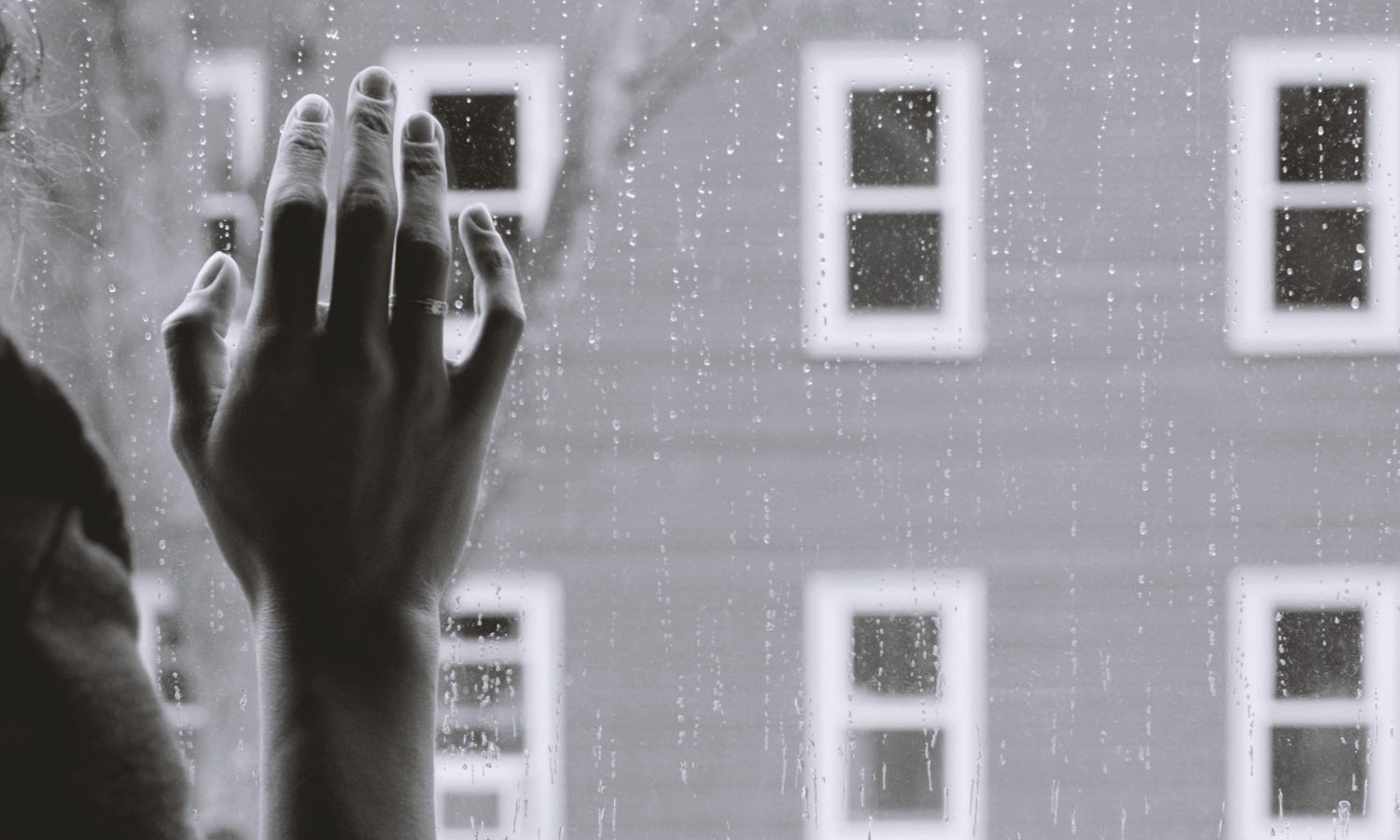As more people get vaccinated, we can start to see our way back to normal. Here’s why some people who’ve been vaccinated may be having trouble entering this new stage.
After months of vaccine circulation and new studies showing that they might be more effective than expected, this moment might be the most hopeful one in the pandemic. Why are people, especially those who’ve been vaccinated, still afraid?
It’s very difficult to get a full picture of just how traumatic this year has been, from an economic to a social point of view. Staying safe from a pandemic meant gearing up with masks and hand sanitizer in order to face outdoor innumerable outdoor risks, ones that only allowed us to feel safe when at home, with every person you live with following the same guidelines.

“Many of us learned to reduce our risk of getting the virus by avoiding others,” professor of psychiatry and behavioral sciences Jacqueline Gollan told NBC. “We viewed social activities as an unsafe experience. We learned being around others was potentially catastrophic, so we perceived these scenarios with apprehension and vigilance.”
Even after learning that the vaccines are working efficiently and that chances of getting the virus post-inoculation are slim, after a year of living in this mentality, anxiety and fear won’t disappear within days.
RELATED: 5 Things To Avoid Once You Get Your Vaccine Appointment
Guidelines from the government also play a part in people’s fear and insecurity. Public health messaging has been confusing and shady. The Centers for Disease Control and Prevention (CDC) said that vaccinated people should continue to wear masks and maintain social distance in public, while also saying that they shouldn’t self-quarantine after traveling or being exposed to someone with COVID-19. Then they said non-essential travel wasn’t recommended only to, a couple of weeks later, say that it was safe for vaccinated people to travel nationally and internationally. It’s all very confusing.
It’s understandable for the CDC to be wary and to hold back the truth in hopes of keeping those who haven’t been vaccinated safe. Maybe if the CDC had said that vaccinated people are safe and don’t need face masks, these people would stop wearing face masks at all, something that would be unfair for the majority of the population. Still, it seems simpler for the government to be more forthcoming with their policies, selling the vaccine as the solution to the current problem. While it might be likely for those who are vaccinated to catch the virus, the odds are very slim, no matter the amount of variants that are out there.
RELATED: Experiencing COVID-19 Vaccine Side Effects? Here Are Some Foods That Can Help
In order to move forward, it’s important for people to approach this topic at their own pace, desensitizing themselves to this new stage of the pandemic little by little. Find a doctor you trust, someone who can help you break down the COVID-19 guidelines and provide you with a clear picture of your risks. Every case is different, with higher levels of risk according to age, health and personal situations. When it comes to getting back to normal, don’t go inside a crowded movie theater is you’re not ready. The more you socialize and the more gradual you are about it, the higher the odds of you getting the results you’re after.


